Swansea Bay tidal lagoon can still be built, council leader says
- Published
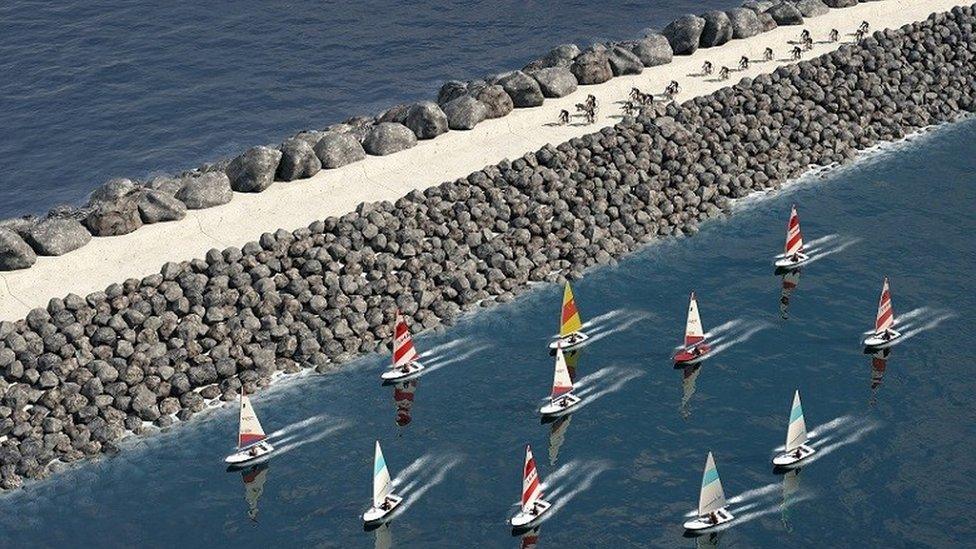
The backers of the Swansea lagoon remain confident it can still be built
A tidal lagoon energy project could go ahead without UK government backing, the leader of Swansea council has said.
Eighteen months after a report called for its approval, UK ministers rejected the £1.3bn scheme as too expensive.
The Welsh Government said it did not have the powers or the resources to step in and get the lagoon built.
But Swansea council leader Rob Stewart told the BBC's Sunday Politics Wales it could be viable under different ways of paying for it and selling the energy.
Tidal Lagoon Power's (TLP) £1.3bn "pathfinder" project, touted as a world-first, was turned down by the UK government on Monday after it was deemed too expensive.
The aim was for it to lead to a fleet of larger, more powerful lagoons in Cardiff, Newport, Bridgewater Bay, Colwyn Bay and off the coast of Cumbria.
The decision came 18 months after an independent review, commissioned by the UK government, had urged ministers to press ahead with a "no regrets" proposal.
It prompted a wave of anger and disappointment across the political spectrum in Wales, including Conservative members of the assembly.
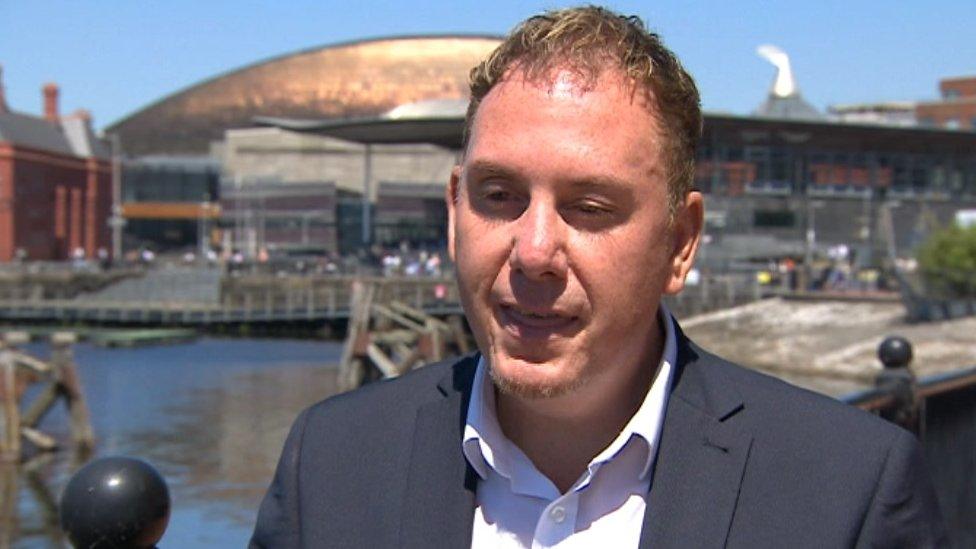
Swansea council leader Rob Stewart says the lagoon can still go ahead with a different approach to funding
Mr Stewart told the programme that discussions about a new plan were going on with partners including the Welsh Government, adding that he met First Minister Carwyn Jones on Wednesday.
"He and I are of the same opinion which is that the current funding proposal isn't going to go forward," Mr Stewart said,
"However lagoon technology is something that still has legs, is something still supportable, and the first minister is keen that we continue to explore that."
Different ways of funding and getting the lagoon built, and of selling its power directly to organisations as well as the National Grid, would be examined by the council, its leader added.
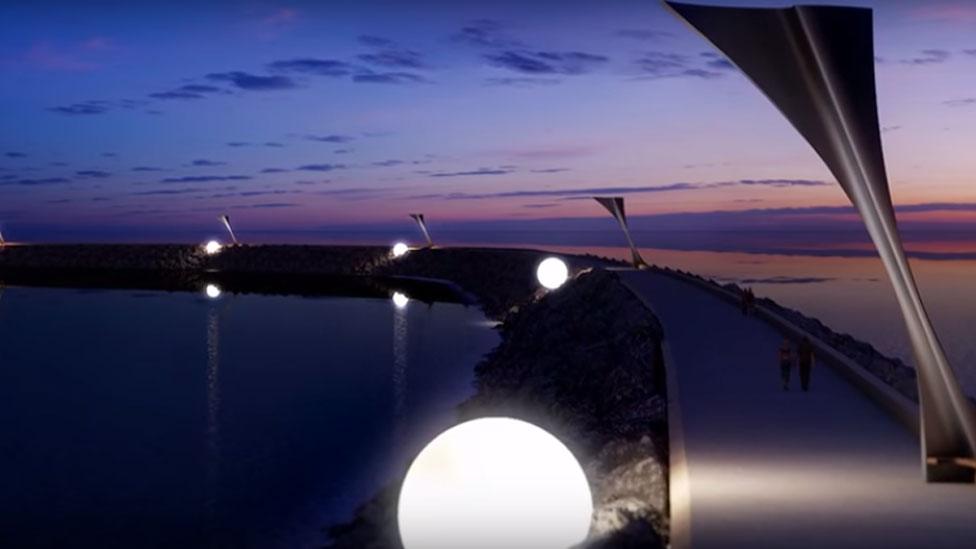
The tidal lagoon would have an operational life of 120 years
Nigel Annett, the former head of Dwr Cymru, told Sunday Politics Wales the lagoon could be built without any government subsidy at all - whether Westminster or Cardiff Bay.
He said the key to this would be signing long-term energy supply deals with the UK's water companies.
"The water industry, not just in Wales but across the UK, could be persuaded to pre-purchase the energy, and it would then use its financial ability to finance this project at a low cost.
"The end result would be that the cost of energy would be low, well below today's market prices."
Mr Annett believed investors would be drawn to the company as a low risk, lower return investment, which would lighten the financial burden on the company - in the same way as the model used for funding Glas Cymru, the company behind Dwr Cymru.
TLP said: "Swansea Bay Tidal Lagoon remains key to our vision.
"Together with the Welsh Government we will deliver a UK tidal industry centred in Wales."
Business and Energy Secretary Greg Clark has said he would continue to fund research and be open to good ideas on renewable technologies, even though he could not press ahead with the tidal lagoon in Swansea.
"When it comes to the deployment at scale we have a responsibility to make sure consumers' bills and taxpayers' bills were not sent soaring," he said.
Sunday Politics Wales is on BBC One Wales on Sunday, 1 July at 1100 BST
- Published29 June 2018
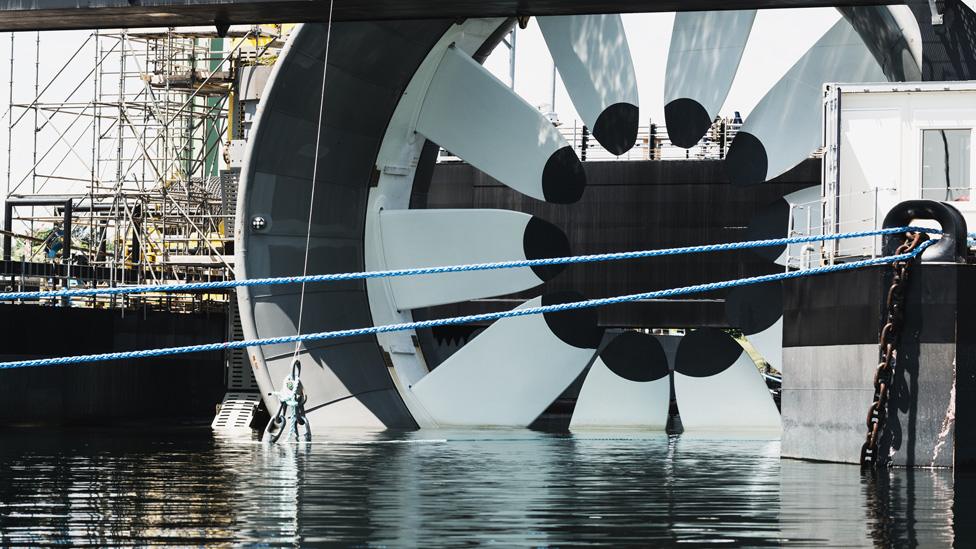
- Published28 June 2018
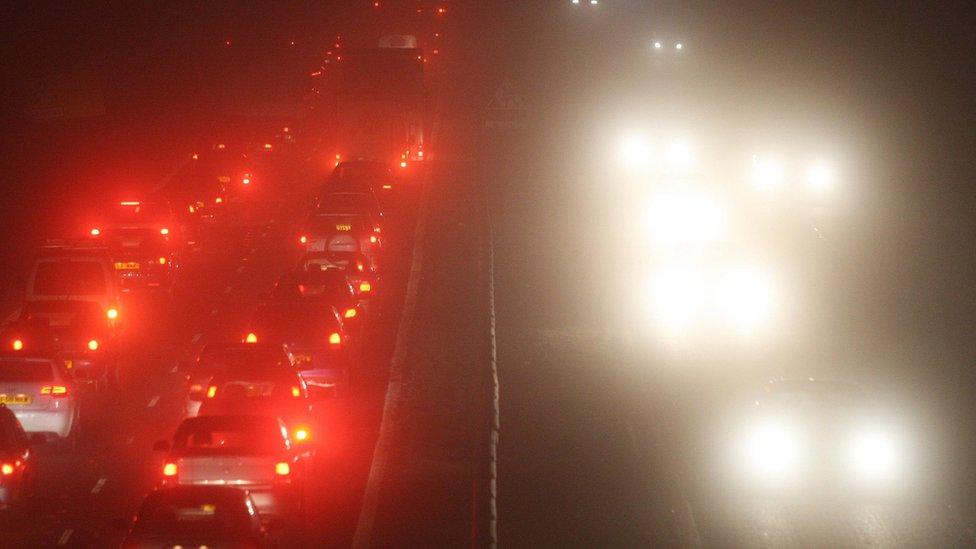
- Published25 June 2018

- Published25 June 2018
